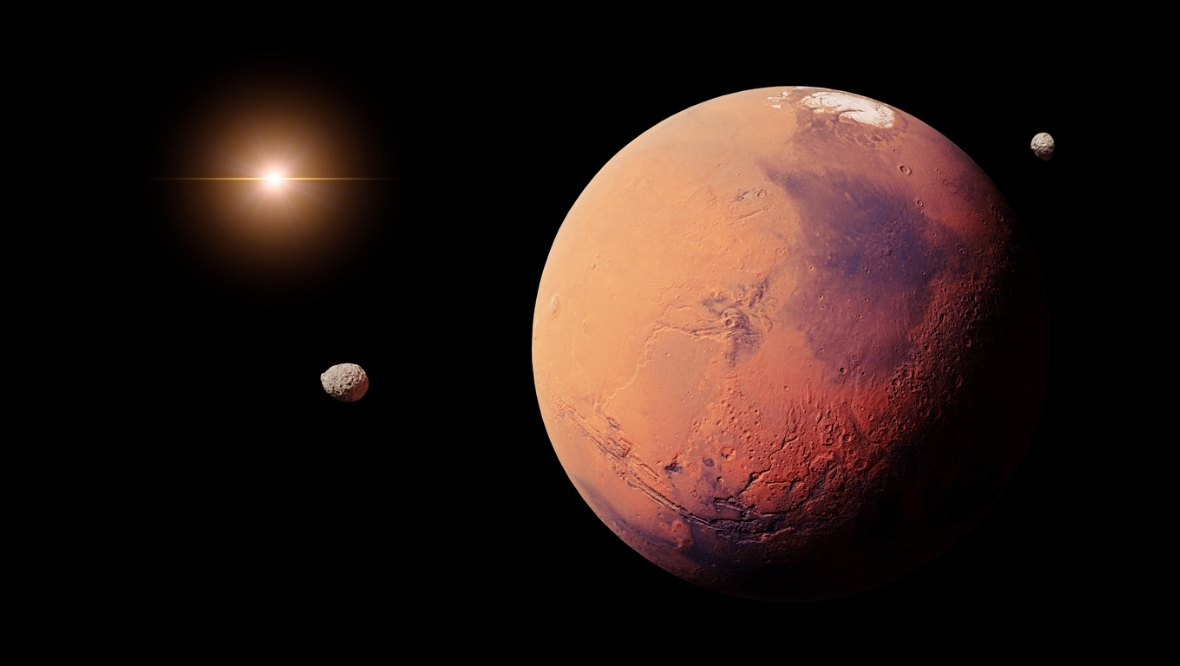A scientist from the University of Stirling has been chosen to join the team piloting the European Space Agency’s Mars rover when it launches in 2022.
Dr Christian Schröder, a biological and environmental sciences lecturer, is one of five ‘guest investigators’ joining scientists from Europe, Russia, and Canada, who will lead the rover’s mission when it launches in September next year.
Once it lands on Mars in June 2023 it will spend a minimum of 211 ‘sols’ (230 earth days) searching for organic molecules that could indicate signs of past or present life.
The rover, named Rosalind Franklin, will be the first to carry a drill long enough to explore up to two metres below the planet’s surface, where they would be protected from harsh radiation.
Dr Schroeder was previously part of a team operating Nasa’s Mars exploration rovers that found a presence of liquid water on the surface – the most important prerequisite for life.
Schroder said: “Over the last two decades we have learned that there was plenty of liquid water on Mars more than 3.5 billion years ago – at that time, Earth and Mars were very similar and life was already well established on Earth.
“So, it’s conceivable that there was life on Mars, too. But even if we find the right signs, was that life independent of life on Earth? Or was it the result of meteorite exchange between Earth and Mars?
“If it was independent – and life originated twice within our solar system – then the universe could be swarming with life. If not, that would be less likely.”
Follow STV News on WhatsApp
Scan the QR code on your mobile device for all the latest news from around the country


 iStock
iStock






















